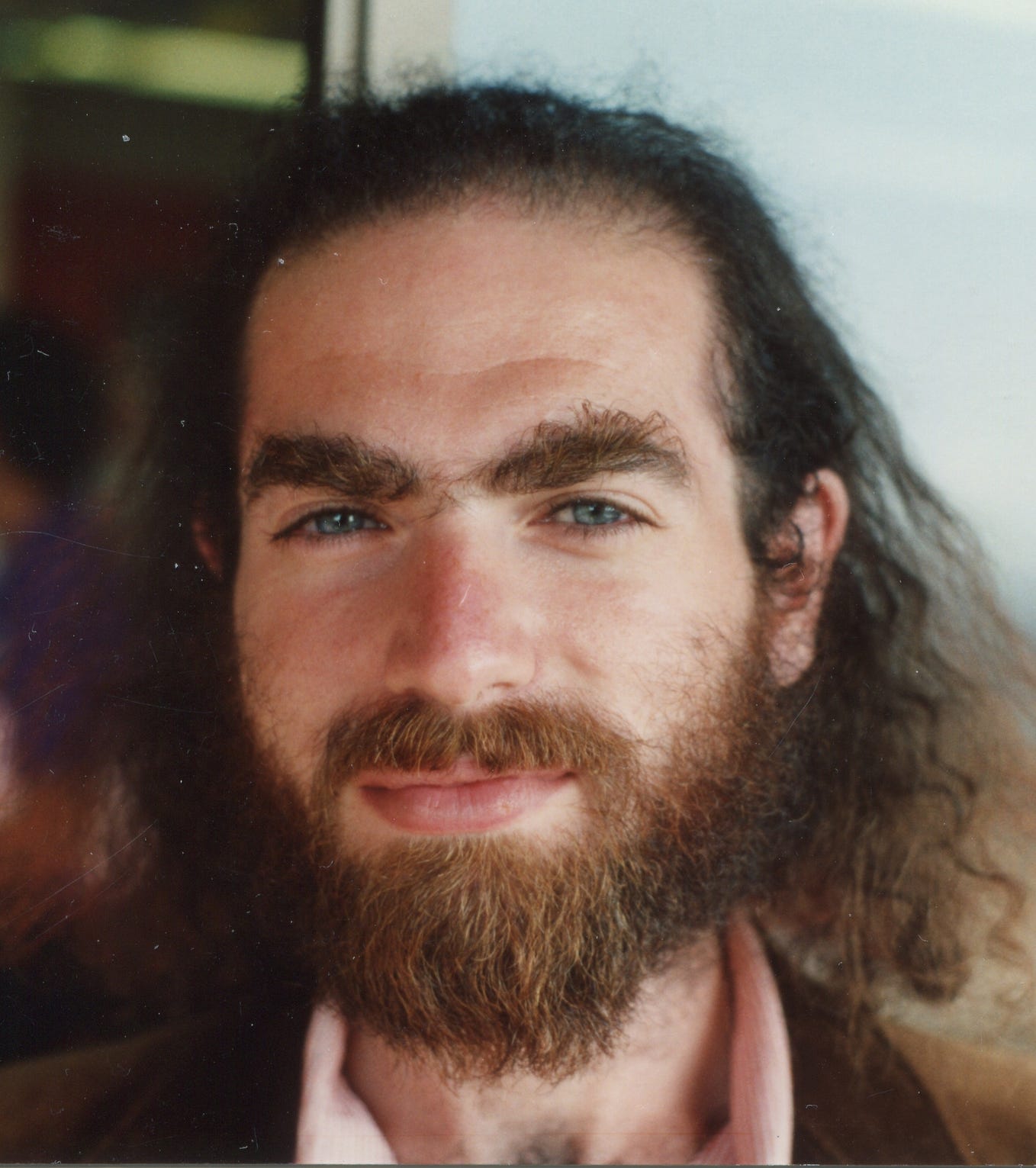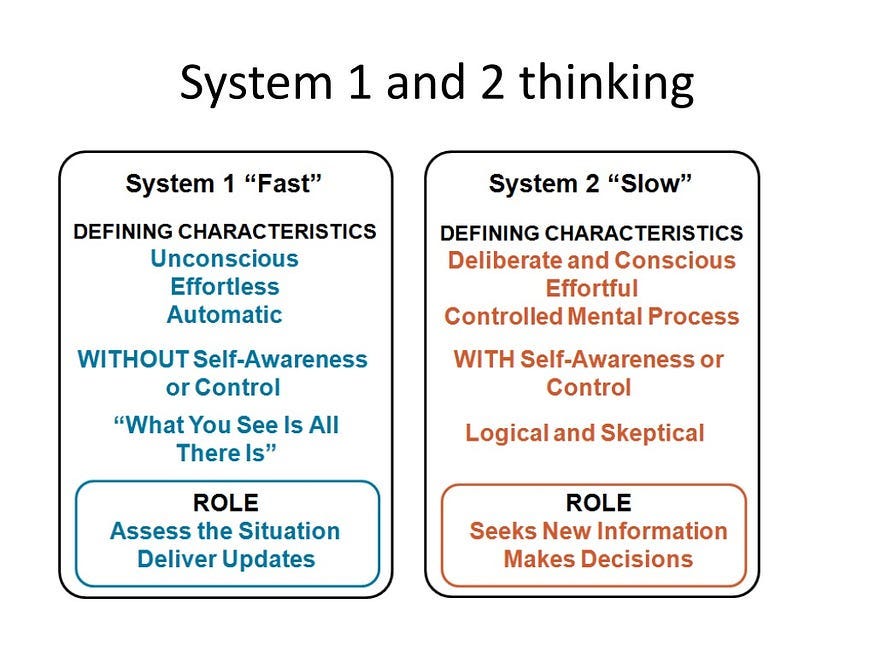5 Habits of William Sidis — Possibly the World’s Most Intelligent Person
They can help you unlock your full potential
William James Sidis often lays claim to the title of the smartest man ever.
Sidis was estimated to have an IQ in the 250–300 range.
While accepted to Harvard at the age of 9 years old, the powers that be thinking this was too young, instead enrolled him at age 11.
Although born gifted, there are habits we can learn from James to increase our own intelligence and excel in life.
These are 5 habits that if mastered may have you vying the for the crown of the smartest person in the world (or at least in your neighborhood).
William James Sidis was born a child prodigy in 1898 in New York City. His parents were Jewish emigrants from Ukraine. Both his parents were highly educated, with his father being a prestigious psychiatrist and his mother graduating from Boston University in medicine.
Williams’s main areas of interest were mathematics, linguistics, and as an inventor.
He was said to have known over 40 languages. At the age of 8 created his own language called Vendergood, which included Latin, Greek, German, and French amongst other European languages.
Here are the habits he was famously known for.
1. Reading and learning — Be the worm
Sidis was known for his voracious appetite for knowledge and his incredible ability to learn quickly.
He was known to have read extensively on a wide range of topics, including mathematics, physics, philosophy, and literature.
William had a love for learning. It was a devotion based on learning for learning’s sake rather than for reward.
This attitude of non-outcome-based learning, over time, allows you authentic essence to manifest. You go onto become the person you are, as opposed to a set of learned behaviors carried out for seeking love, approval and validation.
Study and investigate those areas that you have a natural inclination towards. Learn based on what stokes your internal fire this creates autonomy.
Resist the temptation to learn what is viewed as a cool productivity hack.
Reading in those areas that you are passionate about is like giving yourself a burst of knowledge super-food for your brain. The benefits are healthy brain function, improved energy levels, and may assistance in reducing the effects of aging.
What to do:
- Read on those things you are interested in before bed every night.
- Research into learning those things that interest you alone (for which you will receive no monetary gain, aren’t bound by time reach a milestone, and there is no external goal).
2. Problem-solving — The night is darkest immediately before dawn
Sidis was a gifted problem-solver and was able to solve complex mathematical problems at a young age.
He often spent hours working on mathematical problems and puzzles, and was known to be highly persistent in his efforts.
Life will continually through opportunities for growth. Those challenges require you to dig deep inside yourself.
While you may face some hardships in the process of working out the solution, as did Sidis, the effort is always worth it.
What to do:
- Prioritize and spend time on those things only (and not on everything).
- See things through until the end (no matter how painful).
- Create your perfect environment (doesn’t necessarily have to be silent).
3. Pursuing his passions — “I’ll be back”
Sidis was passionate about many different areas of study, including languages, history, and music.
He spent much of his time pursuing these interests and demonstrated Terminator-like dedication to his pursuits.
Society has high extrinsic value on a job title, a person’s body shape, and whether you have a house with a white picket fence.
William trod a different path, one that valued following those pursuits that had a high intrinsic value. Those things that captured his imagination, to the exclusion of what others considered to be important.
Both paths can be fraught with danger, but the intelligent person follows their heart and does what is important to them. In so doing they get their own needs to be met therefore not being a drain on others around them or society.
What to do:
- Beaware of your fear of failure, embrace it and follow your passions and interests (start small).
- If you find this difficult to identify your interests, think back to when you were a child and recall those things that you loved to do.
- Time block segments into your week to pursue these interests in an earnest manner.
4. Independence — Fly like an eagle
Like Chris Langan, William was an independent soul.
Learning was his game and lead to his fame. But he was also a conscientious objector during World War I, which landed him in prison.
Avoid being dictated to by those who claim to be the gatekeepers of knowledge.
From his 20s until his untimely death, William was a seen as a rebel without a cause type figure in the academic field. Being independent has its positives and negatives.
Being left to his own devices, Wiliam could investigate those aspects of life that intrigued him most. But in so doing left him isolated from society.
Beware wary of collaboration as you may end up having to compromise on those things which you most value.
What to do:
- Carrying out your own investigations into mysteries of life.
- Have faith in yourself and follow what is true to you.
- Chase your wildest dreams.
#5. Focus — Lazer like
Contrary to a Tik Tok like attention span, William was the total opposite.
While the attention span of society is going short form, William was an “elongated” form type of guy.
Sidis was able to maintain a high level of focus and concentration on his work, even in the face of distractions and interruptions.
He was known to be able to work for hours at a time without taking breaks, and he was highly disciplined in his approach to his work.
However, when forced into an environment that he didn’t find stimulating, the following was observed
“The effect of his education seems to have been to produce a boy who can do wonderful, even brilliant reasoning but has difficulty in transferring that reasoning power to everyday affairs. In a class room at Harvard (University) where a formula was being explained the boy became bored and began to balance his hat upside down on his head.”
What to do:
- Get into a flow state.
- Do something with such enjoyment that you don’t notice that the time passes.
- Surround yourself with people with similar values, goals, and interests. You will talk about these things.
- Organize your environment for easy, minimal noise and distraction.
- Recognition of progression. Success breeds success.
Towards the end of his short life, dying at age 46 from a cerebral hemorrhage, Sidis was portrayed as a recluse loner who was a pauper. However, this is not how his close friends recall him.
Who considered him a close loyal friend with a likable personality. William tried to lead a perfectly moral life, and remained celibate as part of that goal.








